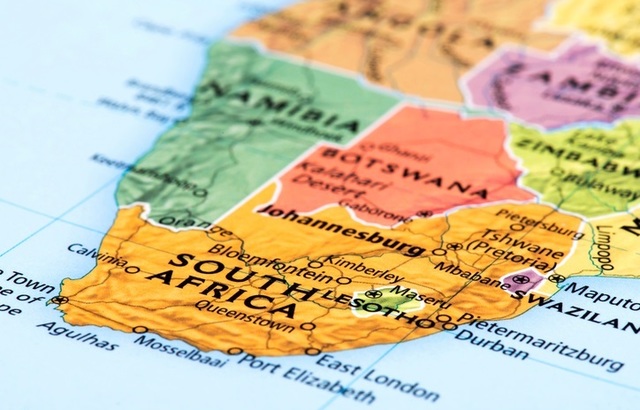Wouter Fourie, director at Ascor Independent Wealth Managers, said Zuma’s resignation was the best Valentine’s gift the country could have received, but investors must not expect unrealistic economic growth and prosperity.
“There will be pain before we can gain, and clients and advisers need to keep a cool head and focus on protecting wealth, reducing debt and being innovative in how to save on monthly expenses.
“We are positive, but it is going to take a cool head and hard work to turn our economy around and make us the darling investment destination of the world,” Fourie said.
Hard work begins
Donavan Maree, managing director at Capta Financial Services, said the resignation follows the appointment of Cyril Ramaphosa as the leader of the ruling ANC party in December, which had a positive effect on the country’s confidence and morale.
After eight years of economic deterioration, Maree also warned that an immense effort is needed to turn around the country’s economy.
“Ramaphosa takes over at a point where there are numerous challenges facing South Africa’s economy – corruption is endemic, growth is negligible, debt levels are rising and unemployment remains our core challenge.
“The change in leadership doesn’t result in any immediate improvement in any of these issues and implementing the various changes will require much hard work in the short term to deliver on that medium to long-term potential,” Maree said.
All eyes on the Budget
South Africa’s Budget will be announced next week, and will likely be a strong indicator as to whether the new leadership is committed to change, Fourie said.
“We have a tough budget target to meet, and next weeks Budget speech will reveal the tough times ahead because of the increased tax burden that will be placed on the citizens of this country, to try and rectify what has gone wrong under the leadership of Zuma,” he added.
Government bonds
When it comes to client portfolios, one key area to look at in relation to this new optimism is government bonds, Maree said.
He said the risk of the economy being downgraded to junk status still looms large for the country. S&P has already downgraded the country’s sovereign debt to this status, but Moody’s said it would withhold its decision until after the budget is released.
Following the appointment of Ramaphosa and the resignation of Zuma, Maree said he would be surprised if Moody’s has not gained a degree of comfort that the management of state owned enterprises and the level of policy stability should improve moving forward.
“This should mean that, while the risk of a downgrade still remains a very real possibility, the risk has reduced somewhat over the past two months,” Maree said.
Currency
In addition to government bonds, Maree said the change in political climate has the potential to positively impact on the nation’s currency.
“The reality is that while the changing ANC leadership has played a part in the rand strength, the rand strength has also been driven by a weakening US dollar.
“The global capital markets drive movements in currency and a ‘risk on’ trade, where investors are comfortable to take on more risk in their investments generally means more capital flowing to emerging markets which benefits the rand. But the reverse is true if we move to ‘risk off’,” he said.
So, while an improvement in the South African economy will provide assistance for a stronger rand, global capital flows can have an overriding impact, Maree said.








